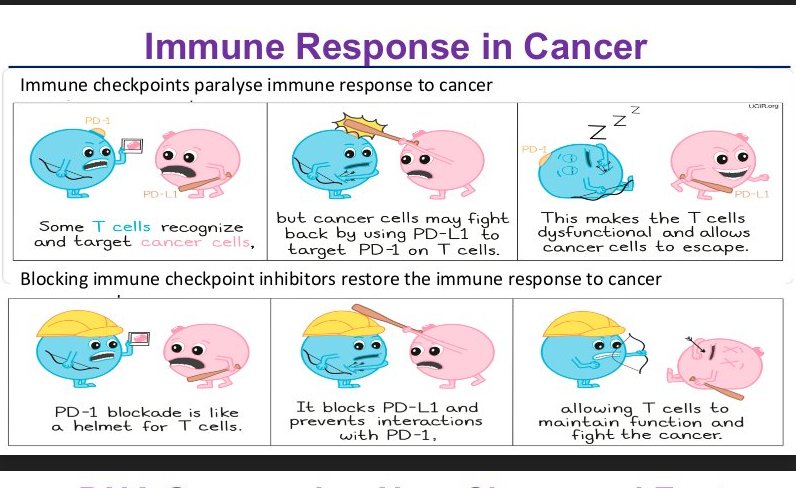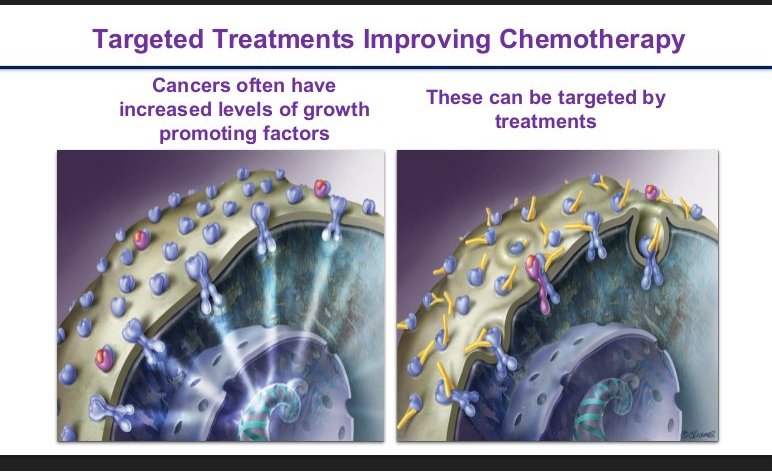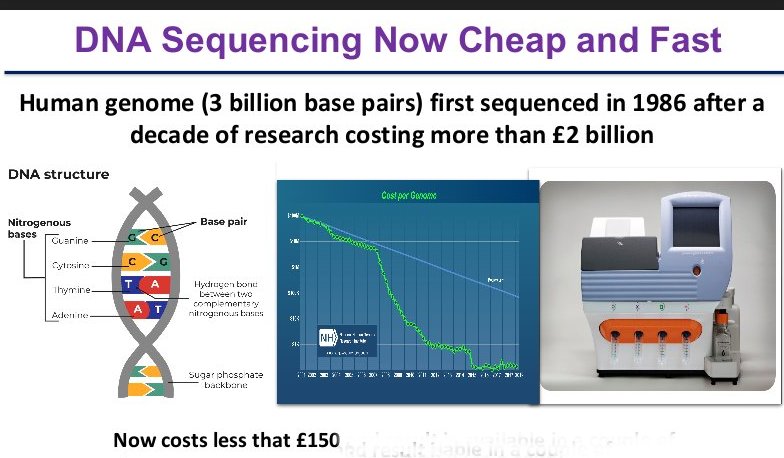We are very fortunate in Stumperlowe Probus in having members drawn from many different walks of business and professional life with years of experience gained in their chosen areas of expertise. One such member, Rob Coleman, joined the club just over a year ago following his retirement from an extremely successful career in medicine as a leading oncologist, and his talk was widely anticipated.
As a preamble, Rob stated that it is fair to say that every single member will have had a friend or family member, or indeed they themselves, who has had cancer diagnosed at some stage in their lives. With the title ending with the word “cheerful “we knew that we would be in for something special and uplifting which would help allay worries at the back of many minds.
Rob continued his talk by setting the scene with the slide shown below. As can be seen this contains optimistic facts and figures. He explained that since the 70’s progress had been made thanks to the application of new strategies and technologies which in broad terms has resulted in cancer survival rates doubling.

Rob now moved on to explaining the 64,000 dollar question for the lay members: What is cancer and how and why does it occur in humans? Our bodies consist of millions of cells which for the main part are healthy; such cells respond to signals from other such cells in our bodies, helping us to live normal everyday lives.
Cancer cells do not respond to such signals (from healthy ones) as Rob explained by showing the following slide, headed Immune Response in Cancer in which the blue PD-1 ”men” are the goodies and the pink PD-L1 ones are the baddies.

He explained how clinical trials over the last 40 years had been essential for progress in moving from traditional medicines to precision medicines and creating drugs to stop cancer cells from multiplying. Basically, this meant paralysing them with receptor blockers. He explained how chemotherapy, used for many years, and ongoing, involves pumping poison into the bad cells, and ensuring where possible good cells are not poisoned too although, in many cases, this can and does happen.
This led to his explaining the meaning of antibody-drug conjugates, or ADCs, which are a class of biopharmaceutical drugs designed as a targeted therapy for treating cancer. Unlike chemotherapy ADCs are intended to target and kill tumour cells while sparing healthy cells. As of 2019, some 56 pharmaceutical companies were developing ADCs. He then produced the following slide showing Treatment Options for Curing Cancer

Research costs big money. In the US, some 200 billion dollars is being spent annually compared with a mere 15 billion in the UK, a figure which is clearly unsustainable.
Rob went on to explain the main 20 or so causes of cancer showing a list headed by tobacco and including, inter alia, unhealthy eating and lack of healthy exercise. He explained that many cancers could be prevented by eating a high-fibre diet and being more active. It was then interesting to hear how human genomes, in the form of three million pairs, were first sequenced in 1986 after decades of research into the whole field of DNA. Rob explained how relatively cheap blood tests for cancer in percentage terms using DNA were now successfully detecting the following: Ovarian cancer (in 90 per cent of cases), bowel cancer (66) and head and neck (56).
He wondered where cancer treatments will be in 2050 with the advent of robotics and artificial intelligence playing their parts too, but stressed, however, that there is no substitute for the human factor with surgeons having face-to-face appointments with patients, emphasising that holistic medicine aims to treat both the body and the mind.
It was acknowledged by all present that this had been one of the best talks we have ever had, for not only is Rob a very able man but he also explained a very complex subject in clearly understandable layman’s language.

A final point on the financial side is that two of the main UK-based pharmaceutical companies, Astra Zeneca, led by the very able and entrepreneurially minded Frenchman, Sir Pascal Soriot, and GSK, coming late to the party, are expending large sums on research, not only into cancer but other main medical ailments too. This has resulted in AZ producing, inter alia, the blockbuster drug, Tagrisso which is used in the treatment of lung cancer.

Indirectly therefore many of us through investments in pension funds, ISAs, etc, could well be holding shares in AZ, currently the second largest company in market capitalisation terms in the country. It has rewarded shareholders handsomely with a 39 per cent increase in capital value since 2019. It is a pleasing thought that our money is helping in vital research work for the benefit of both our and future generations.
